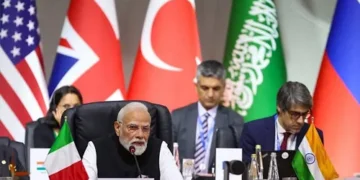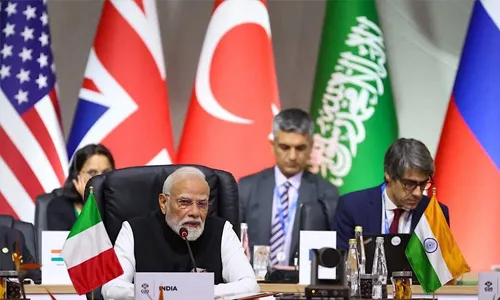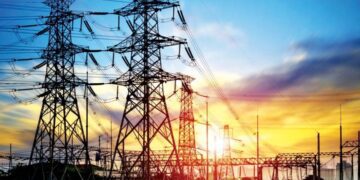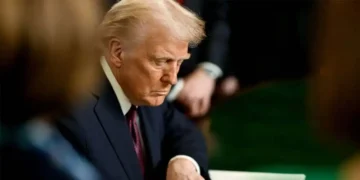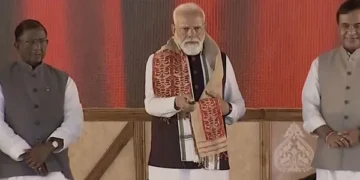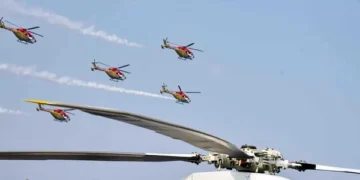Blitz Bureau
NEW DELHI: Prime Minister Narendra Modi underlined the need for stronger global cooperation, disaster resilience and clean energy as he addressed both sessions of the G20 Leaders’ Summit in Johannesburg. In a series of posts on X, and according to detailed remarks shared by the Prime Minister’s Office, PM Modi highlighted India’s human-centric approach to growth and urged the grouping to adopt fresh parameters of development that balance progress with planetary well-being. Taking to X, PM Modi said the second session of the Summit focused on building a resilient world in the face of disasters and climate change, ensuring just energy transitions, and strengthening global food systems. “India has been actively working on all these fronts, building a future that is human-centric and inclusive,” he wrote.
Reiterating India’s long-held view that major global challenges require coordinated global solutions, PM Modi said this conviction had driven India’s decision to establish the Disaster Risk Reduction Working Group during its G20 Presidency. He added that disaster management must move away from a purely “response-centric” model to a “development-centric” one, citing the Coalition for Disaster Resilient Infrastructure as an example of this approach. He also proposed the creation of a G20 Open Satellite Data Partnership, which would make satellite data and analysis from G20 space agencies more accessible to developing countries, especially in the Global South.
Reaffirming India’s commitment to sustainability and clean energy, PM Modi said he had put forward a G20 Critical Minerals Circularity Initiative aimed at promoting recycling, urban mining, second-life batteries and related innovations to secure supply chains and pave cleaner development pathways. Calling climate change one of the most serious threats to food security, the Prime Minister highlighted India’s efforts to shield vulnerable communities through the world’s largest food security and nutrition programme, the world’s biggest health insurance scheme, and a wide-reaching crop insurance framework. He also emphasised India’s push to popularise Shree Anna (millets) for nutrition and climate resilience.
